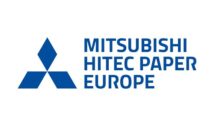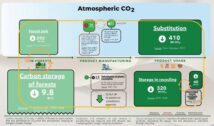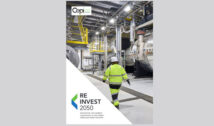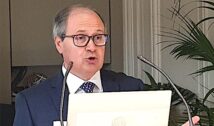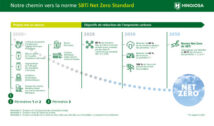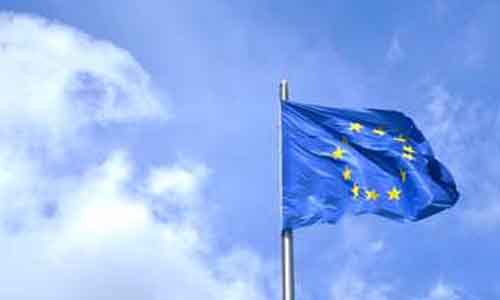
European Commission has yesterday, 14th of July, published an extensive set of proposals on climate and energy policies, framing the pathway to carbon neutrality by 2050. These proposals begin a lengthy process to agree on the details. UPM is committed to supporting EU’s climate goals and has committed to the UN’s Business Ambition for 1.5°C.
“We are in a unique position to offer positive climate impact through sustainable forestry, emission reductions in operations and by providing climate-friendly alternatives for substituting fossil consumption. The proposal sets a clear signal for the need to reduce emissions and focus on zero-emission energy”, states Stefan Sundman, Vice President, Public Affairs, UPM.
Innovation creates wealth of opportunities for substituting fossils
In recent years, UPM has strongly invested in innovations that provide renewable drop-in solutions to substitute fossils. For example, UPM has invested heavily in biorefineries that provide new sustainable alternatives in advanced biofuels and biochemicals.
“UPM calls for predictable regulation that enable green growth investments and further transformation beyond fossils. EU policies and the upcoming negotiations between the European Parliament and the member states must ensure sustainable forest use and availability of wood as a key resource for the circular bioeconomy and green growth”, Sundman concludes.
Renewability and circular material use in production and consumption open large potential for effective climate change mitigation. The use of sustainably sourced renewable materials offers a unique solution to replace fossil consumption.
UPM is committed to Climate Positive Forestry, which focuses on increasing the biomass in the forests and their growth through economically, ecologically, and socially sustainable forest management. We make sure that our forests remain carbon sinks and thus support efforts to mitigate climate change.
UPM continues to investigate in more detail the various proposals by the European Commission and will publish further insights on upm.com.


